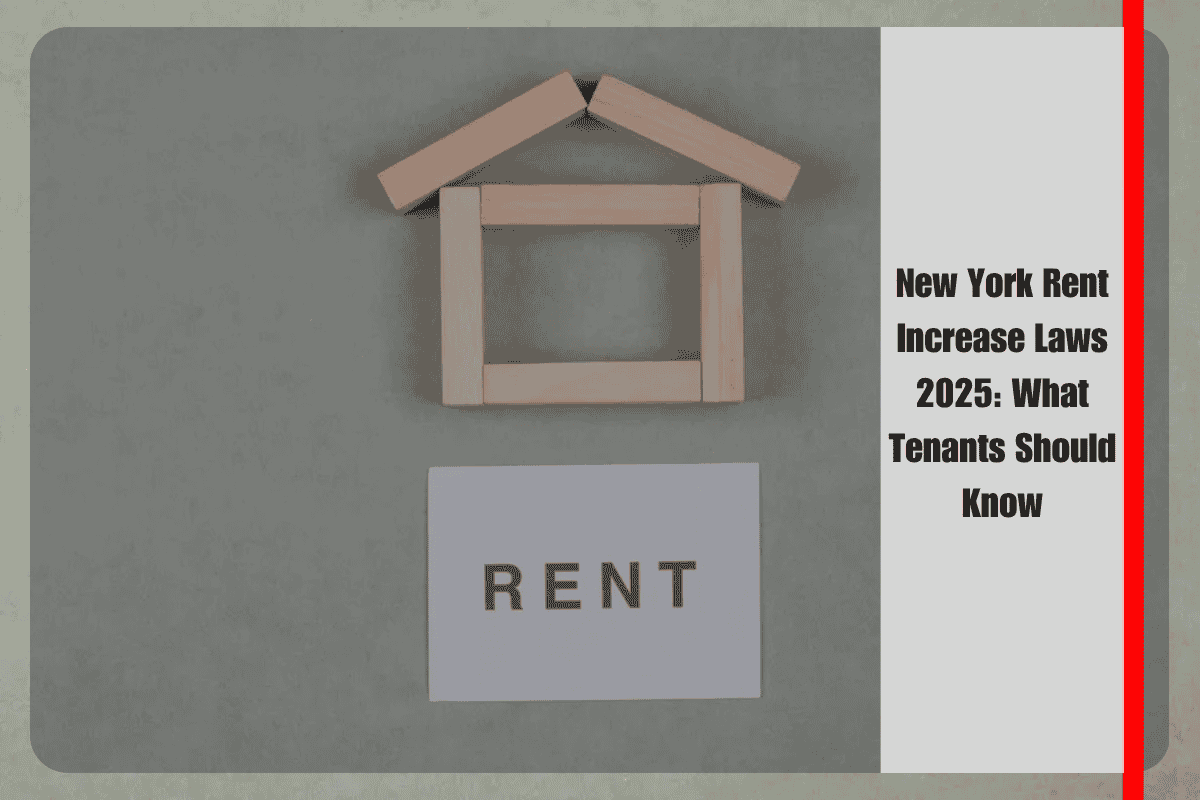New York’s rent increase laws for 2025 bring several important changes and protections for tenants, especially those in rent-regulated apartments. For the period from October 1, 2024, through September 30, 2025, the New York City Rent Guidelines Board has set maximum rent increases for rent-stabilized apartments at 2.75% for one-year leases and 5.25% for two-year leases. These adjustments apply to over one million rent-stabilized units in the city and are designed to balance affordability for tenants with the rising costs faced by landlords.
Tenants in rent-stabilized apartments should note that these increases are the maximum allowable for lease renewals signed or renewed during this period. For a typical rent-stabilized apartment with a monthly rent of $1,500, the one-year increase would mean an extra $41 per month, while a two-year lease would add about $79 per month to the rent. These increases represent the fifth consecutive year of rising rents for regulated apartments, contributing to a cumulative rise of over 9% since 2020. This ongoing trend is particularly challenging for the 46% of NYC renters who already spend more than a third of their income on housing.
In addition to the regulated increases, landlords are no longer allowed to use certain tools that previously allowed for larger rent hikes. For example, the “vacancy bonus” (allowing a 20% increase when a tenant moves out) and the “longevity bonus” (for long-term tenants) are now prohibited. Landlords also cannot deregulate most rent-stabilized apartments based on high rent or high income, except in a few limited cases involving new buildings with tax abatements.
For individual apartment improvements (IAIs), landlords can only raise the rent by a set amount—$89.29 per month for buildings with 35 or fewer apartments, and $83.33 per month for larger buildings—and only after fixing any hazardous violations. IAIs can only be claimed up to three times in a 15-year period, and any increases are removed from the rent after 30 years6. For major capital improvements (MCIs) that benefit the whole building, rent increases are capped at 2% of the current rent per year, and these increases are also temporary, expiring after 30 years.
A significant new protection for tenants is the Good Cause Eviction Law, which now limits rent increases even in market-rate apartments. Under this law, landlords cannot raise rents by more than 5% plus the rate of inflation, or 10%—whichever is lower. For 2024, with inflation around 2.2%, this means most market-rate increases are capped at about 7.2%. Landlords are also required to provide written notice explaining whether the Good Cause Eviction Law applies to the lease, and they cannot evict a tenant without “good cause,” such as nonpayment of rent or violating lease terms.
Overall, tenants in New York should be aware of their rights and the new protections in place. Rent-stabilized tenants should check their rent history and challenge any improper increases or deregulation. Market-rate tenants now have greater protection against unreasonable rent hikes and evictions. For any questions or disputes, tenants can contact the Office of Rent Administration or the New York State Attorney General’s office for assistance.
Sources
[1] https://propelestateagency.com/blog/nyc-rent-control-2025-what-it-means-for-renters-landlords-and-the-housing-market
[2] https://rentguidelinesboard.cityofnewyork.us/2024-25-apartment-loft-order-56/
[3] https://thenewyorkcitybroker.com/nyc-rent-increase-limits-in-2025/
[4] https://www.nytimes.com/2025/04/30/nyregion/rent-increase-nyc.html
[5] https://ag.ny.gov/publications/residential-tenants-rights-guide












